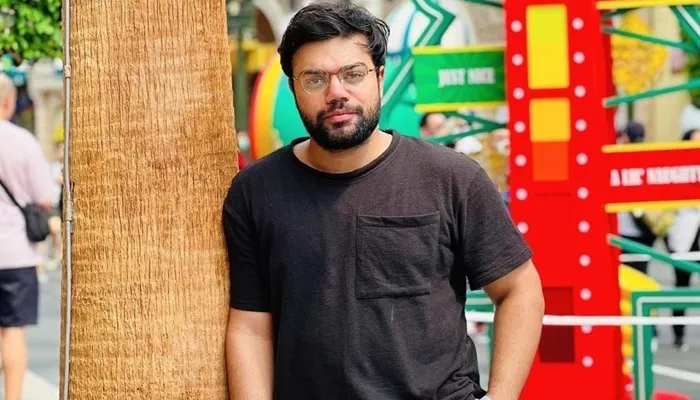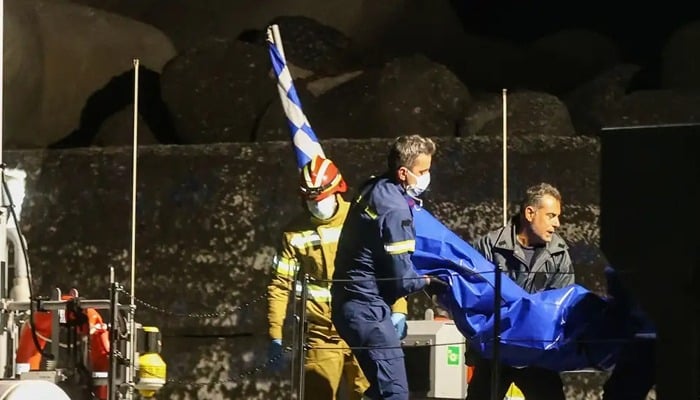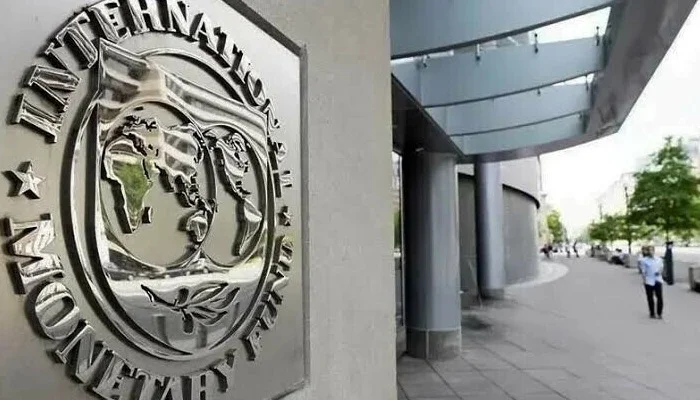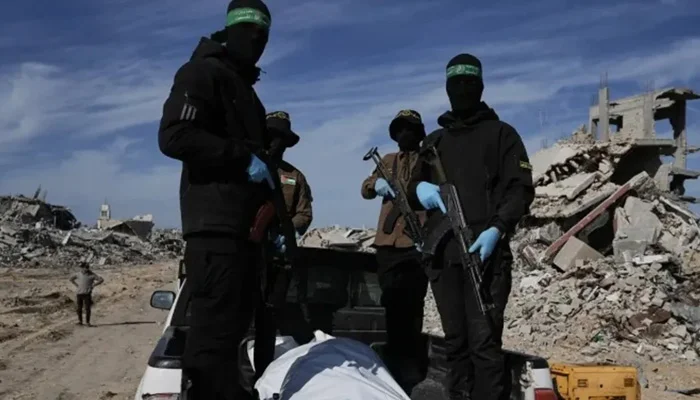A U.S.-brokered ceasefire proposal aimed at ending the two-year conflict in Gaza is now in Hamas’s hands, as the Islamist militant group weighs a 20-point peace plan championed by President Donald Trump.
The plan, described by Trump as “beyond very close” to resolving the crisis, demands Hamas’s disarmament and an immediate ceasefire, among other conditions.
Qatar and Egypt, acting as mediators, delivered the proposal to Hamas late Monday, shortly after Israeli Prime Minister Benjamin Netanyahu publicly endorsed the plan during a joint appearance with Trump at the White House. Netanyahu, who had previously expressed reservations, praised the proposal for aligning with Israel’s war objectives.
Despite Netanyahu’s backing, Hamas has expressed strong opposition. A source close to the group told Reuters the plan is “completely biased to Israel” and includes “impossible conditions” aimed at dismantling Hamas entirely. However, officials say Hamas is reviewing the plan “in good faith” and will provide a formal response soon.
The Trump plan calls for an immediate ceasefire, an exchange of all hostages held by Hamas for Palestinian prisoners held by Israel, a phased Israeli withdrawal from Gaza, disarmament of Hamas, and the establishment of a transitional government overseen by an international body. Many of these elements echo previous ceasefire proposals rejected by both sides.
A core sticking point remains Hamas’s insistence on a full Israeli withdrawal from Gaza as a precondition for releasing hostages, while firmly rejecting disarmament. Palestinian officials argue the plan heavily favors Israeli demands, offering little in terms of rights for Gaza’s residents.
Pressure on Hamas to accept the plan is mounting. Foreign ministers from Saudi Arabia, Jordan, the UAE, Qatar, and Egypt have all voiced support. Turkey, traditionally uninvolved, is sending its head of intelligence to join mediators in Doha for further discussions.
Meanwhile, security concerns linger as Hamas leaders remain wary of gathering openly; past meetings have been targeted by Israeli strikes. Netanyahu recently apologized to Qatar for a missile attack on Hamas officials in September.
Within Israel, Netanyahu faces a delicate balancing act: public weariness over the conflict is increasing, yet his far-right coalition risks collapse if he concedes too much. On the ground in Gaza, Israeli forces continue to advance into Gaza City, which Netanyahu has called the “last Hamas bastion,” while urging civilians to evacuate through leaflets dropped by air.
Local Palestinians express cautious hope for peace but remain skeptical. “We want the war to end, but we want the occupation army to leave us alone,” said Salah Abu Amr, a Gaza resident. “We hope the plan will end the war, but neither Trump nor Netanyahu can be trusted.”
As negotiations continue, the world watches closely whether Hamas will accept the U.S.-backed peace proposal or if the conflict will further escalate.





















